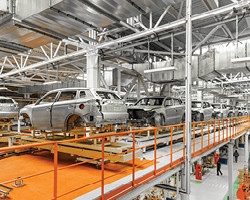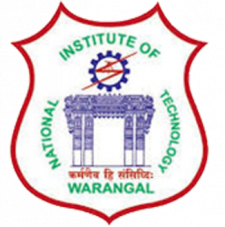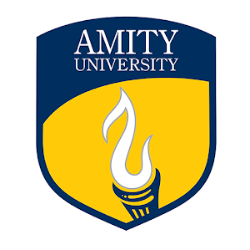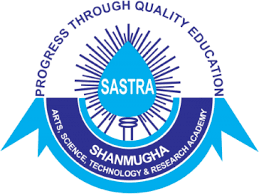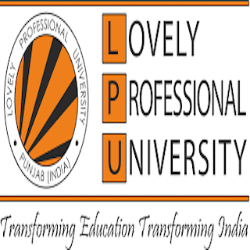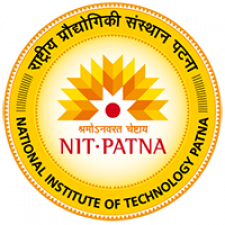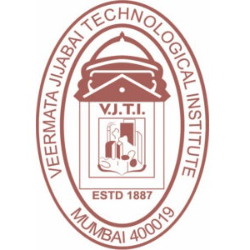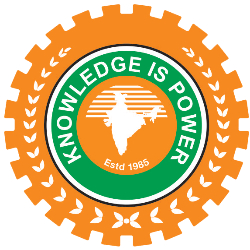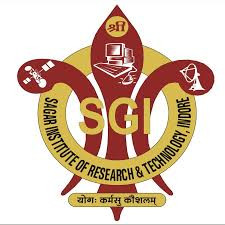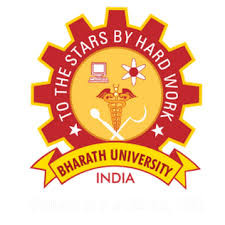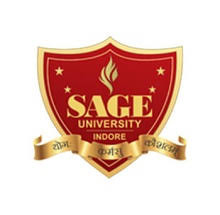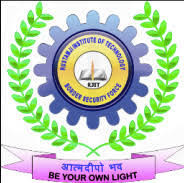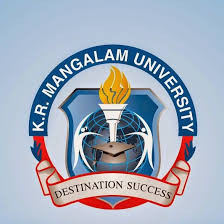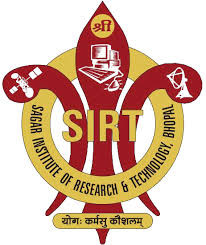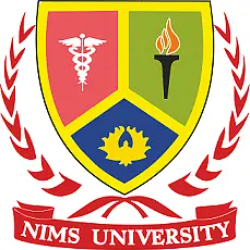Highlights: -
|
Degree Name |
Masters of Technology |
|
Level |
Postgraduate |
|
Duration of the course |
2 years |
|
Eligibility |
Passed B.Tech/B.E or Equivalent with Minimum 50% Aggregate Score |
|
Education mode |
Full-time, Distance. |
|
Admission Process |
Merit as well as Entrance Exams |
|
Entrance Exams |
GATE, JAM, PGECET, AIEEA, State CET, NIT, IPU CET, OJEE, KIITEE, MET, UKSEE, SUAT, TAN CET,etc. |
|
Fees of the course |
Rs 30,000 – Rs 9.00 Lakhs |
Eligibility Criteria: -
- Candidates must complete M.Tech in Automobile Engineering or equivalent from a recognised university in India.
- They need to get the minimum cut-off that has been set by the preferred college.
- Reserved category candidates will get relaxation as per government and university norms.
- Eligible candidates are required to appear for entrance examinations, such as the GATE, NIT, JAM.
Syllabus for M.Tech in Automobile Engineering:
The M.Tech in Automobile Engineering syllabus will vary from college to college, but the course aims and subjects shall remain the same; the subject distribution over the syllabus may differ, but the study matter remains consistent. Nevertheless, candidates should check the official website to know the complete syllabus. Here is a general guide to M.Tech in Automobile Engineering syllabus design, as commonly followed by Indian colleges:
|
Semester 1 |
Semester 2 |
|
Numerical Methods, Linear Algebra and Differential Equations |
Automotive Electronics |
|
Automotive Chassis and Transmission Systems |
Automotive Emissions and Control |
|
Internal Combustion Engines |
NVH and Refinement |
|
Automotive Materials and Manufacturing Techniques |
Computational Fluid Dynamics and Heat Transfer |
|
Vehicle Dynamics |
Electives 1 and 2 |
|
FEA/Computational Tools Lab |
NVH Lab |
|
Vehicle Simulation lab |
Automotive Electronics Lab |
|
IC Engines Laboratory |
Technical Writing |
|
Programming Using MATLAB |
– |
|
Semester 3 |
Semester 4 |
|
Modelling, Simulation and Analysis of Vehicle Systems Design |
Dissertation |
|
Elective 3 |
- |
|
Dissertation |
- |
Next step after M.Tech in Automobile Engineering: -
If a person wants to do further studies in M.Tech Automobile Engineering to improve his/her knowledge and skills than he/she can go for the following courses: -
- Vehicle Dynamics: Certificate programs in Vehicle Dynamics encompass Handling, Suspension Design, Tyre Dynamics, and Vehicle Stability Control Systems, giving students a superior understanding of optimising vehicle performance and handling characteristics.
- Automotive Powertrain Systems: These certificate courses cover powertrain components and systems such as Engines, Transmissions, Drivelines, and Hybrid/Electric powertrains and will prepare you for positions in powertrain design, development, and optimisation.
- Automotive Embedded Systems: Certificate programs in automotive embedded systems cover topics like Real-Time Operating Systems (Rtos), Embedded Software Development, Vehicle Communication Networks (Can, Lin), And Automotive Electronics, which are required for careers in Vehicle Control Systems, Infotainment, and Telematics.
- Automotive Design and Styling: These courses cover Automotive Design Principles, Styling Methodologies, CAD software tools (such as CATIA and AutoCAD), and aesthetic concerns, preparing you for careers in Vehicle Styling, Design Engineering, and Concept Creation.
- Vehicle Aerodynamics: Certificate programs in vehicle aerodynamics involve Airflow Analysis, Aerodynamic Optimisation Techniques, Wind Tunnel Testing, and Computational Fluid Dynamics (CFD) simulations, critical for increasing Vehicle Aerodynamic Performance and Fuel Efficiency.
- Connected and Autonomous Vehicles: CAV certificate programs address topics such as sensor technologies, Vehicle-to-Vehicle (V2V) and Vehicle-to-Infrastructure (V2I) communication, autonomous vehicle algorithms, and regulatory considerations, preparing you for jobs in the development and testing of autonomous driving technologies.
- Electric and Hybrid Vehicle Technology: As the focus on electric and hybrid vehicles grows, certificate courses in this area cover topics such as Battery Technologies, Electric Powertrains, Charging Infrastructure, And Electric Vehicle Design Considerations, All Required For Careers In Transportation Electrification.
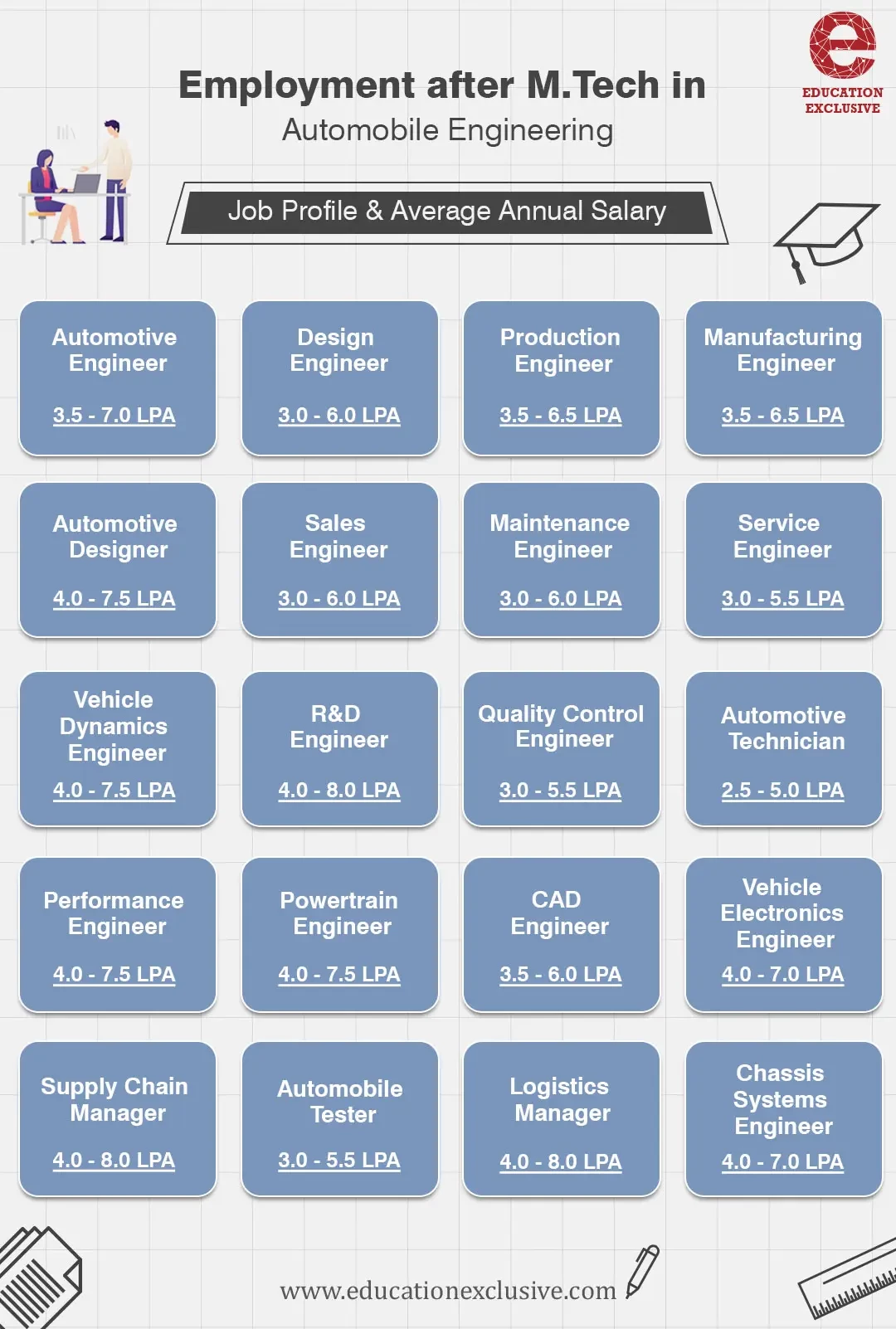
FAQs
- Is Automobile Engineering in demand?
It is one of the most preferred careers by Engineers. The job opportunity as an Automobile engineer increases due to the rapid growth of auto components in the Automobile Sector. The automotive industry is very diverse, intensely competitive & highly globalised.
- What is the future of Automobile Engineering?
This field offers an extensive variety of opportunities for the candidates and it includes Production Plants, Automobile Manufacturing Industries, Service Stations, Private Transport Companies, State Road Transport Corporations, Motor Vehicle Departments, Insurance Companies etc.
- What Programming Languages are used in Cars?
Programming languages C and C++ are the most widely used Coding Languages for Car Manufacturers.
- What are the subjects for Automobile Engineering?
Automobile Engineering contains subjects such as Manufacturing Methods, Fluid Mechanics And Machinery, Thermodynamics, Strength Of Materials, Petrol Engines, Analysis and Design In The Automobile Industry.
- What is the salary of an Automobile Engineer in India?
The average salary of an Automobile Engineer is INR 35,000 - 90,000 per month in India.
Other specialisations in M.Tech: -
M.Tech in Computer Science, M.Tech in Mechanical Engineering, M.Tech in Civil Engineering, M.Tech in Electrical Engineering, M.Tech in Chemical Engineering, M.Tech in Information and Technology, M.Tech in Aeronautical Engineering, M.Tech in Nanotechnology Engineering, M.Tech in Petroleum Engineering, M.Tech in Instrumentation Engineering.

